-

New report maps the benefits of coastal wetlands in flood reduction on a global scale
by Dr. Mark Spalding During a major storm, the sea level can rise, sometimes by metres, driven by the winds and low atmospheric pressure. This is a storm surge. If it arrives at…
-
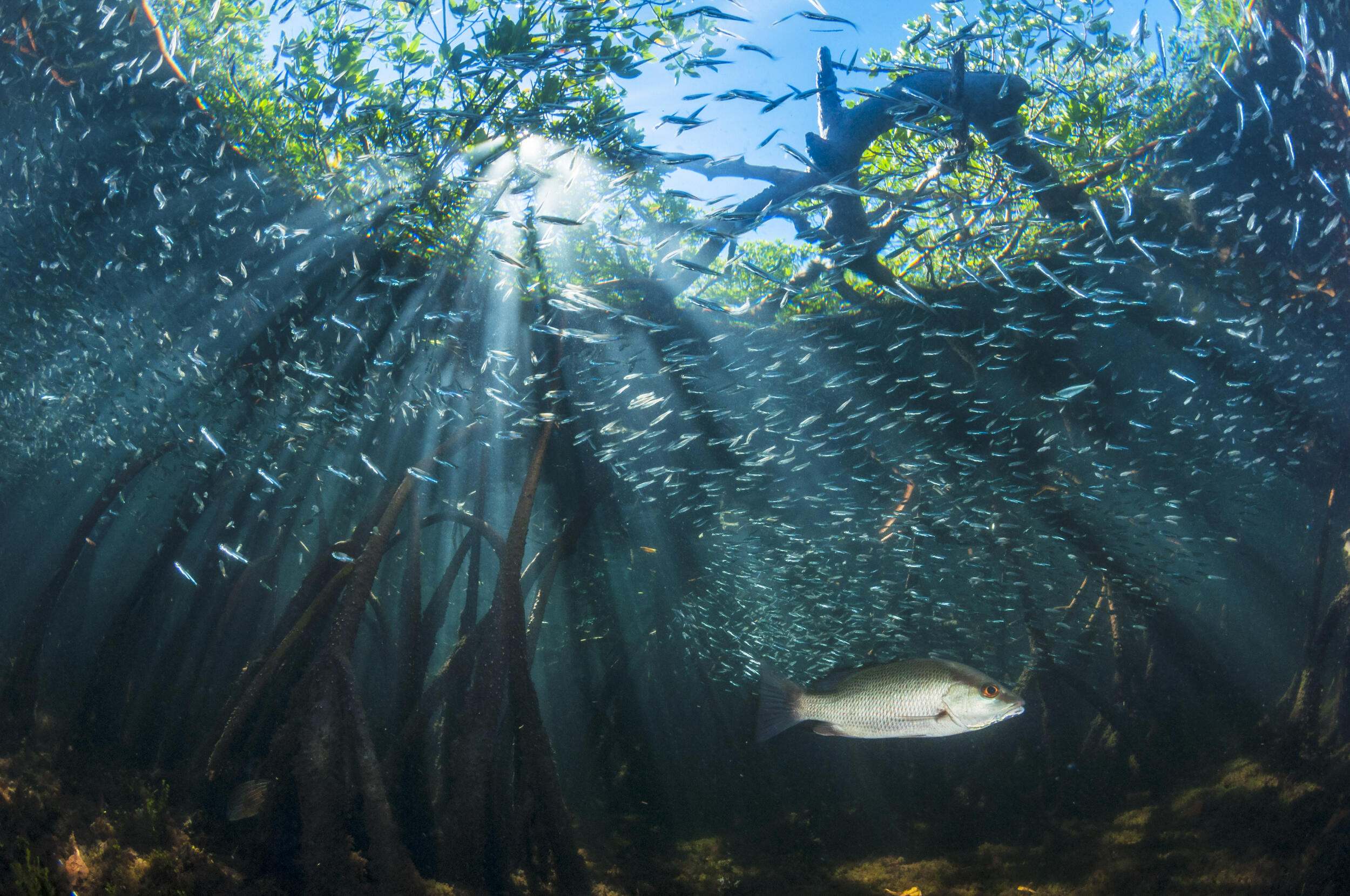
Mangroves support over 700 billion fish and invertebrates annually
Over 260 million people around the world rely on marine fisheries for food and income and mangrove ecosystems directly contribute to ocean-based food production. This is especially important for coastal communities in the Global South…
-
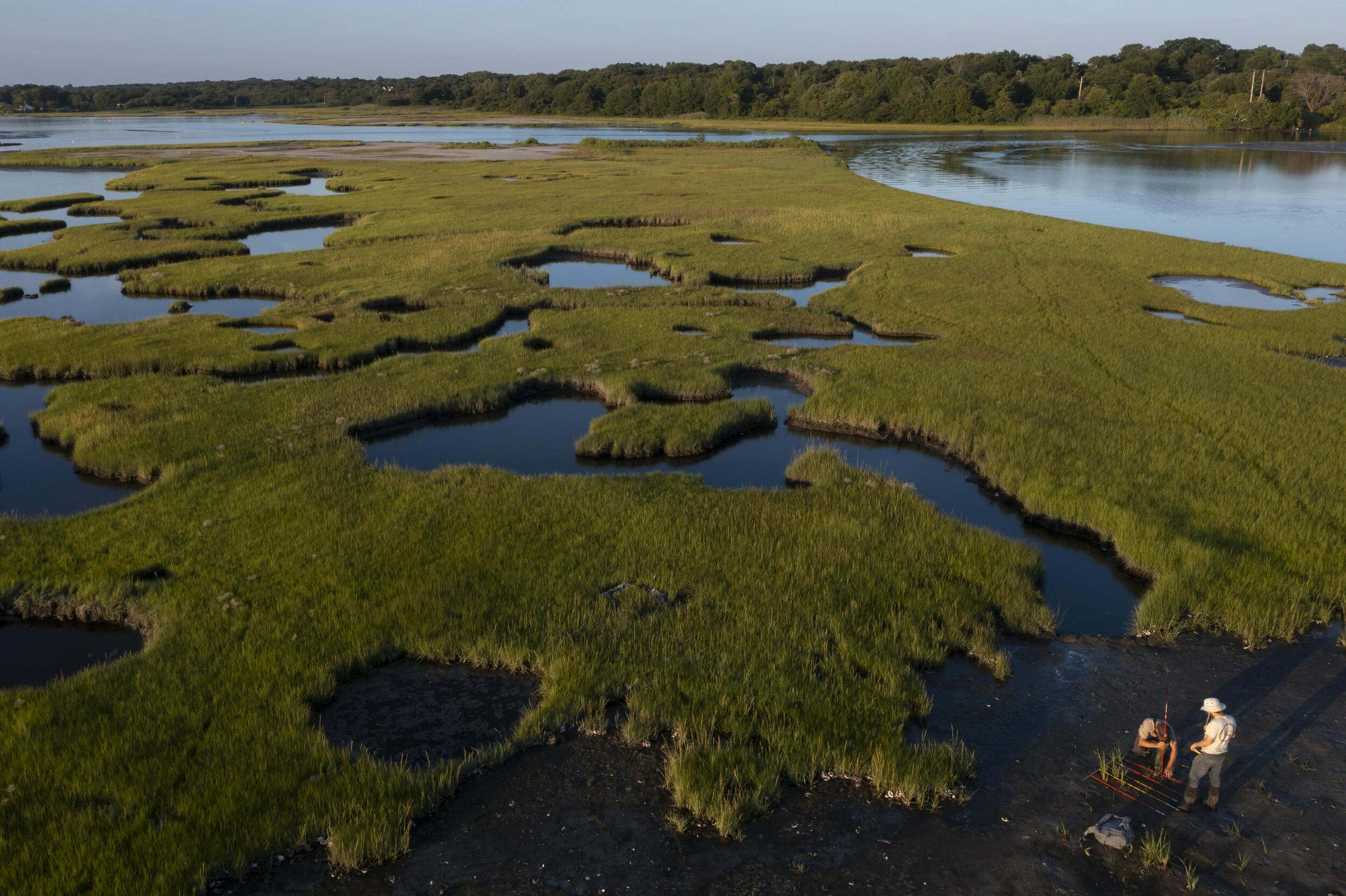
New research reveals the carbon-storing potential of tidal marshes
Researchers at the University of Cambridge and the Nature Conservancy led a study to model and map the global distribution of carbon stored in the world’s tidal marshes. Tidal marsh ecosystems, often overlooked…
-
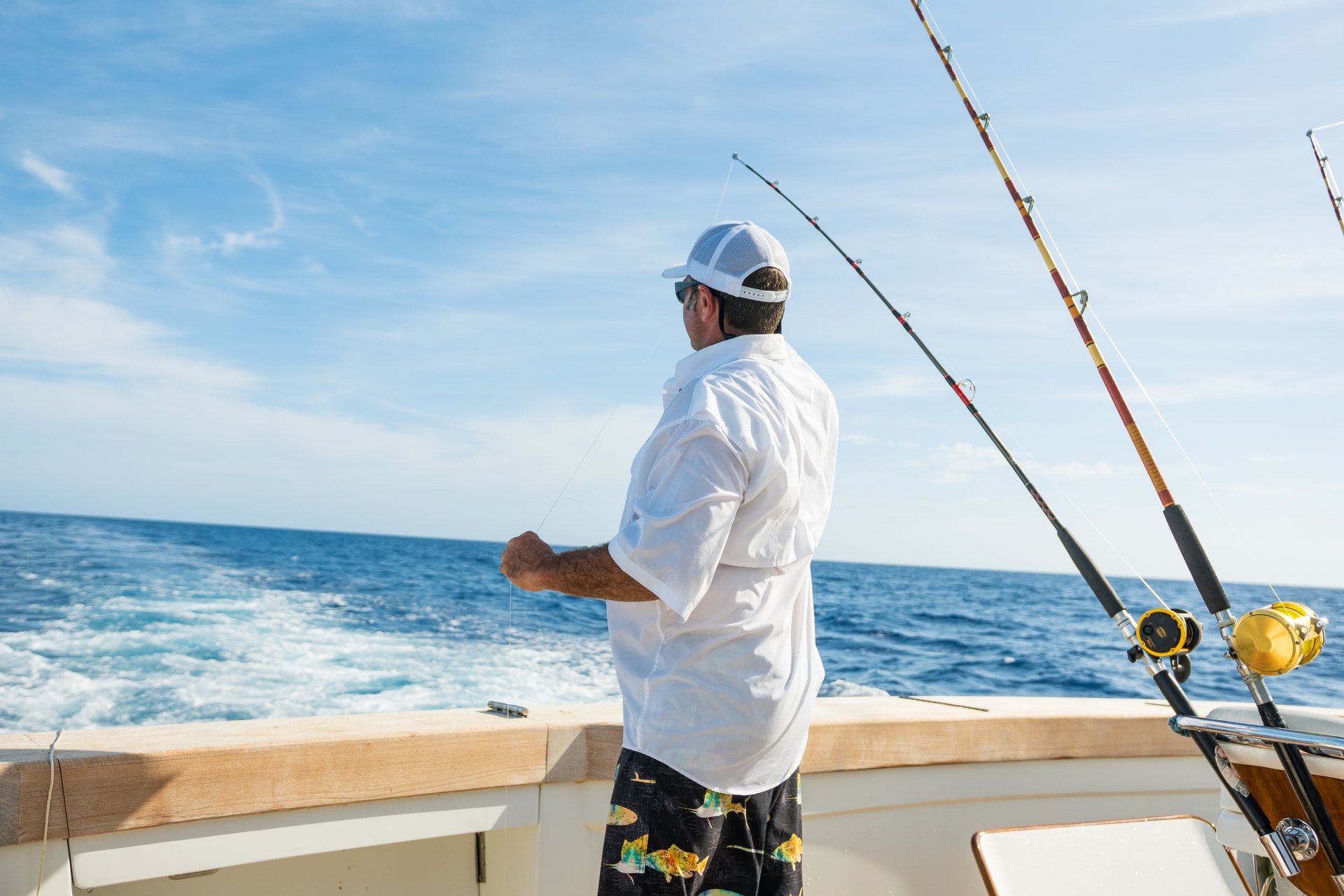
New Recreational Fishing Maps on MOW!
Recreational fishing in coastal and offshore waters is a globally distributed, high-value activity with numerous benefits such as health, wellbeing, jobs, income, travel, accommodation, and conservation. There are an estimated 220 million recreational…
-
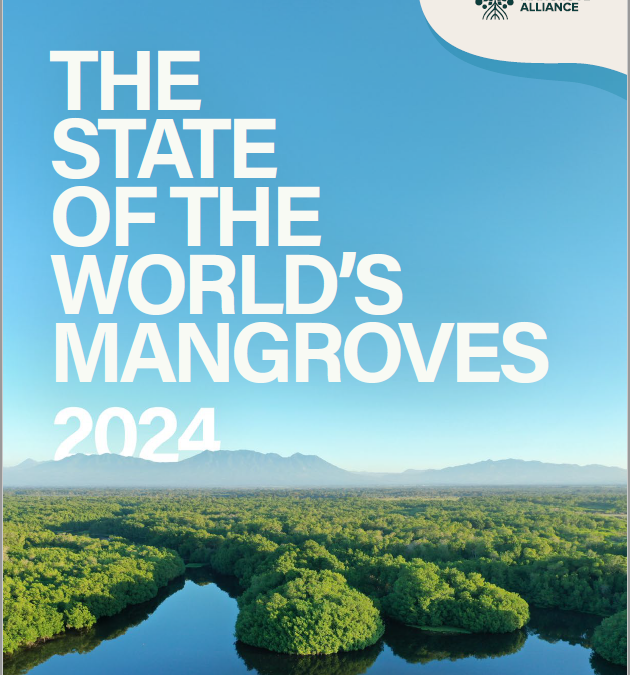
The 2024 State of the World’s Mangrove Report is Here!
The Global Mangrove Alliance’s comprehensive The State of the World’s Mangroves report is back with a new 2024 edition! A collaboration of over 100 authors from around the world, The State of the World’s Mangroves…
-
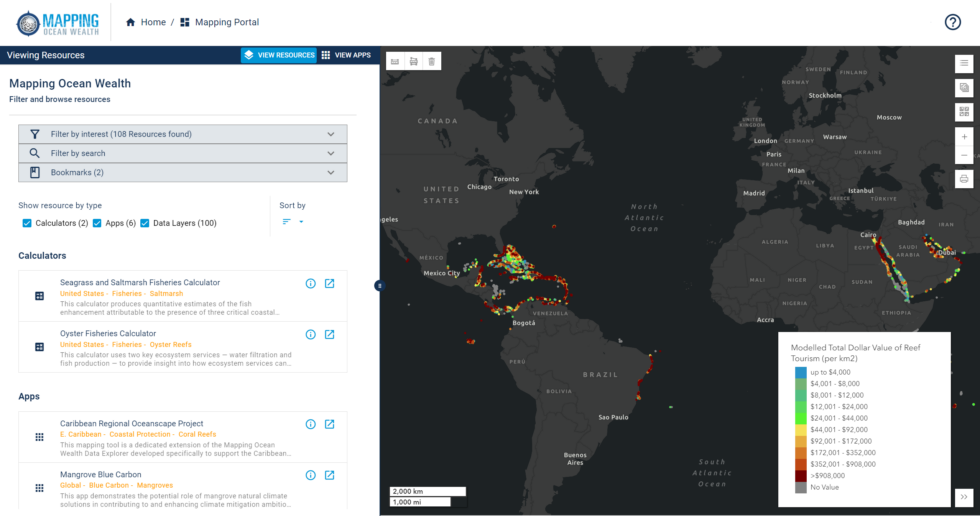
Mapping Ocean Wealth Has a New Look!
The Mapping Ocean Wealth Mapping Portal (maps.oceanwealth.org) has a new look! While upgrading to a new platform, the MOW team has added a number of new features and improvements in functionality. Key updates…
-
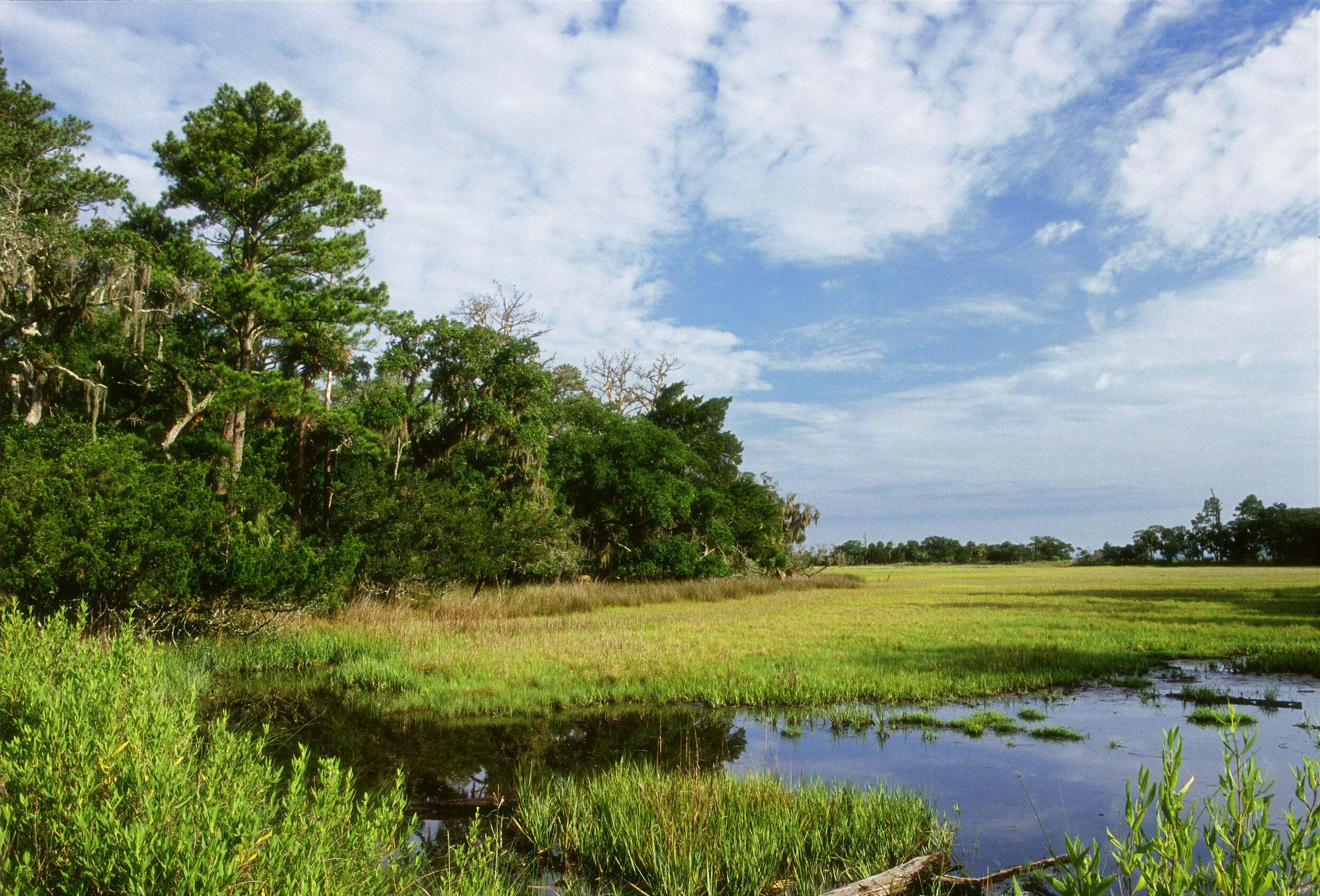
The World’s Tidal Marshes are Finally on the Map
In a breakthrough for ecosystem mapping, researchers at The University of Cambridge and TNC have published the first globally consistent map of Earth’s tidal marshes. The 10m resolution map is now publicly available…
-
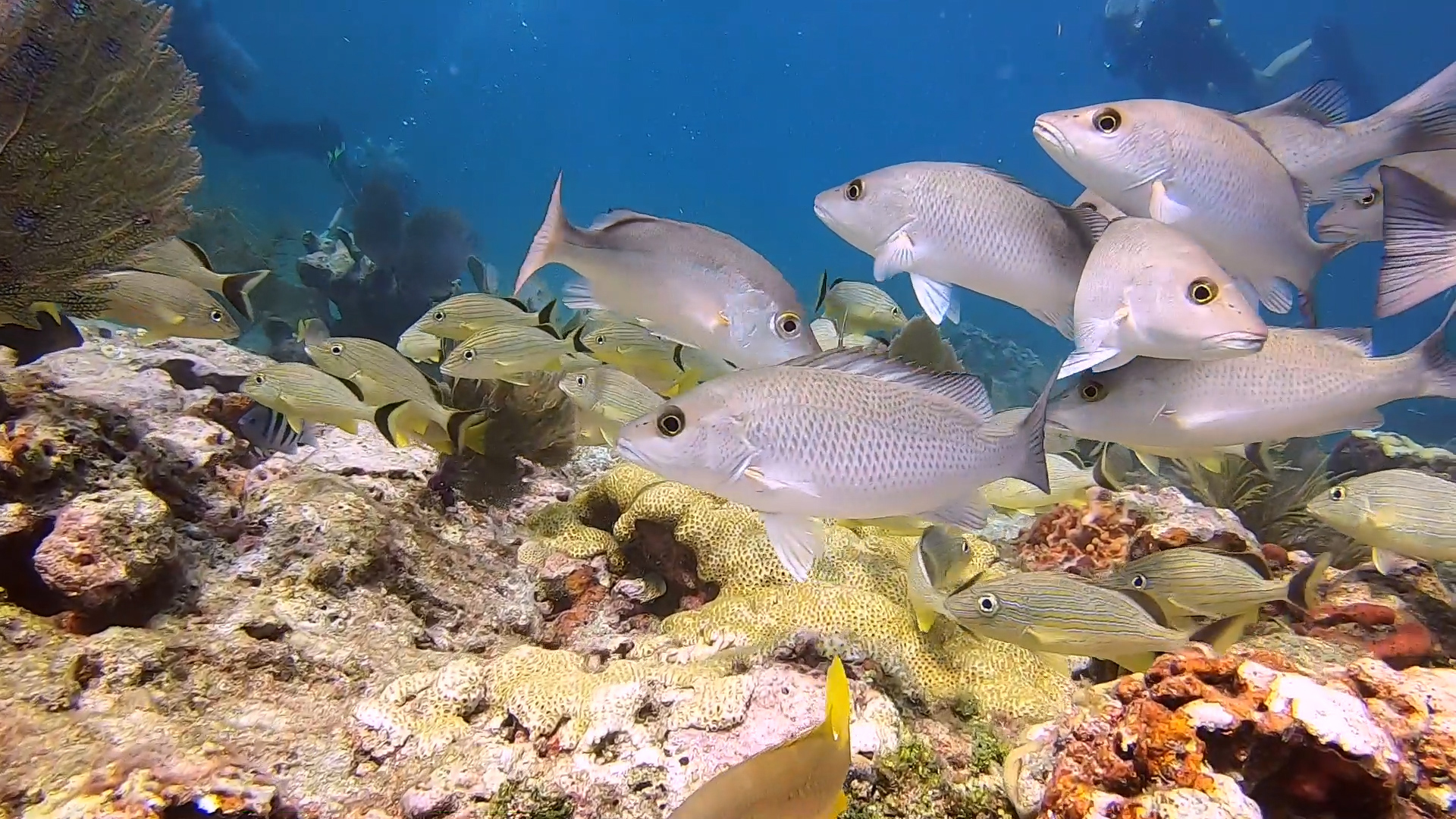
New research: Identifying correlates of coral-reef fish biomass on Florida’s Coral Reef to assess potential management actions
The Nature Conservancy collaborated with scientists from the Tropical Fish Ecology Lab at Florida International University to model and map cumulative fishing impact and reef fish biomass on Florida’s Coral Reef. The research,…
-
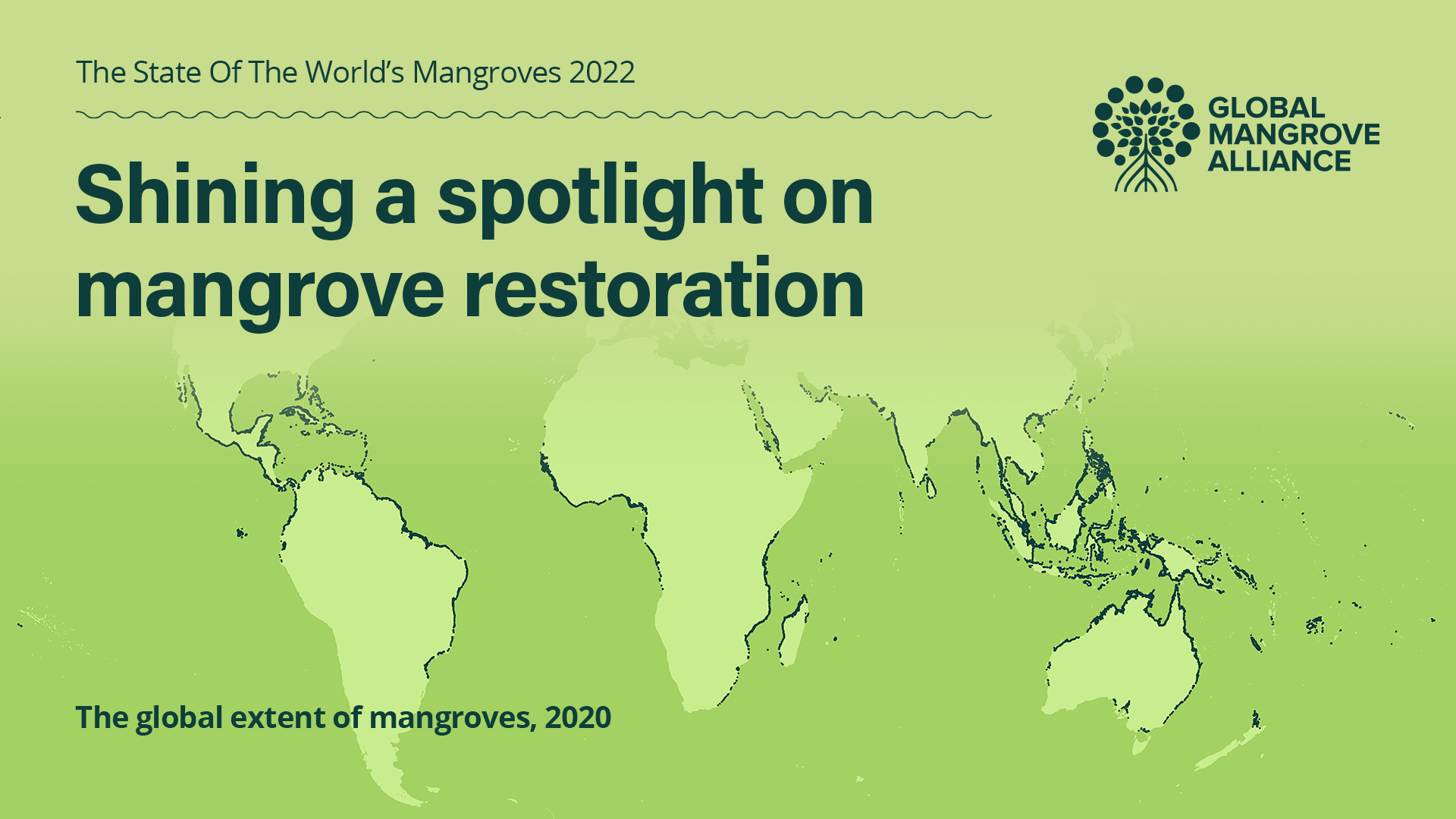
The State of the World’s Mangroves 2022
Today the Global Mangrove Alliance (GMA) released their annual report, The State of the World’s Mangroves 2022, a compilation of the most current information available on what we know about mangrove forests and…
-
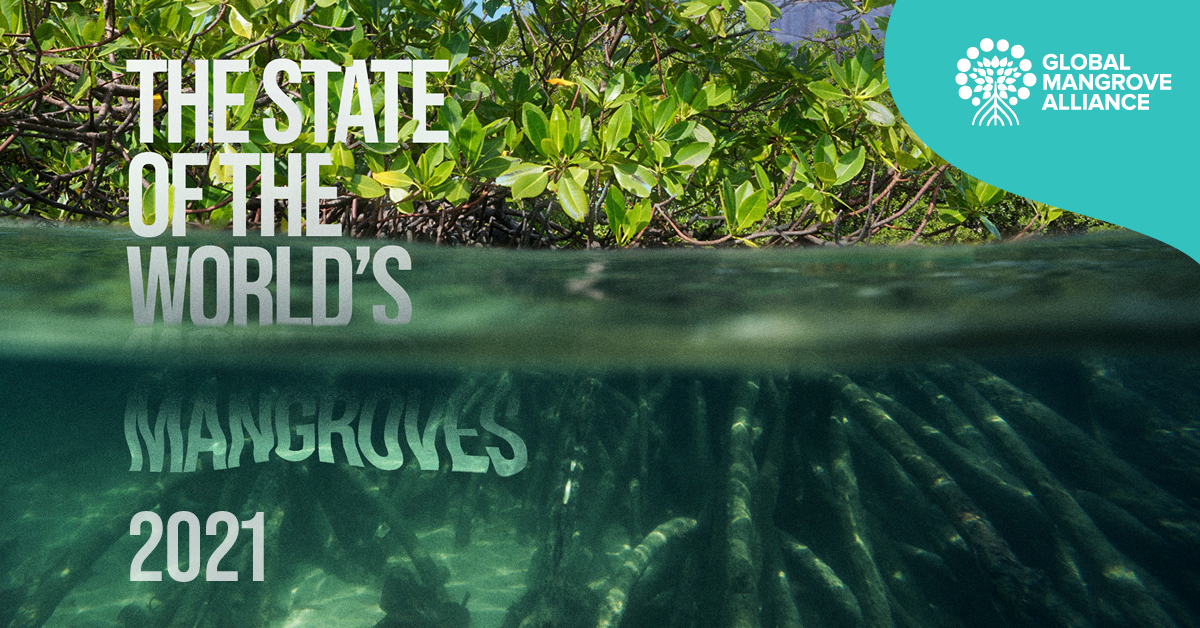
New report shows slowdown in mangrove losses–providing a ‘last best chance’ for global action to protect coastal forests
100 contributors lend expertise to first-ever The State of the World’s Mangroves publication Today the Global Mangrove Alliance released their inaugural report, The State of the World’s Mangroves, a compilation of the most…
-
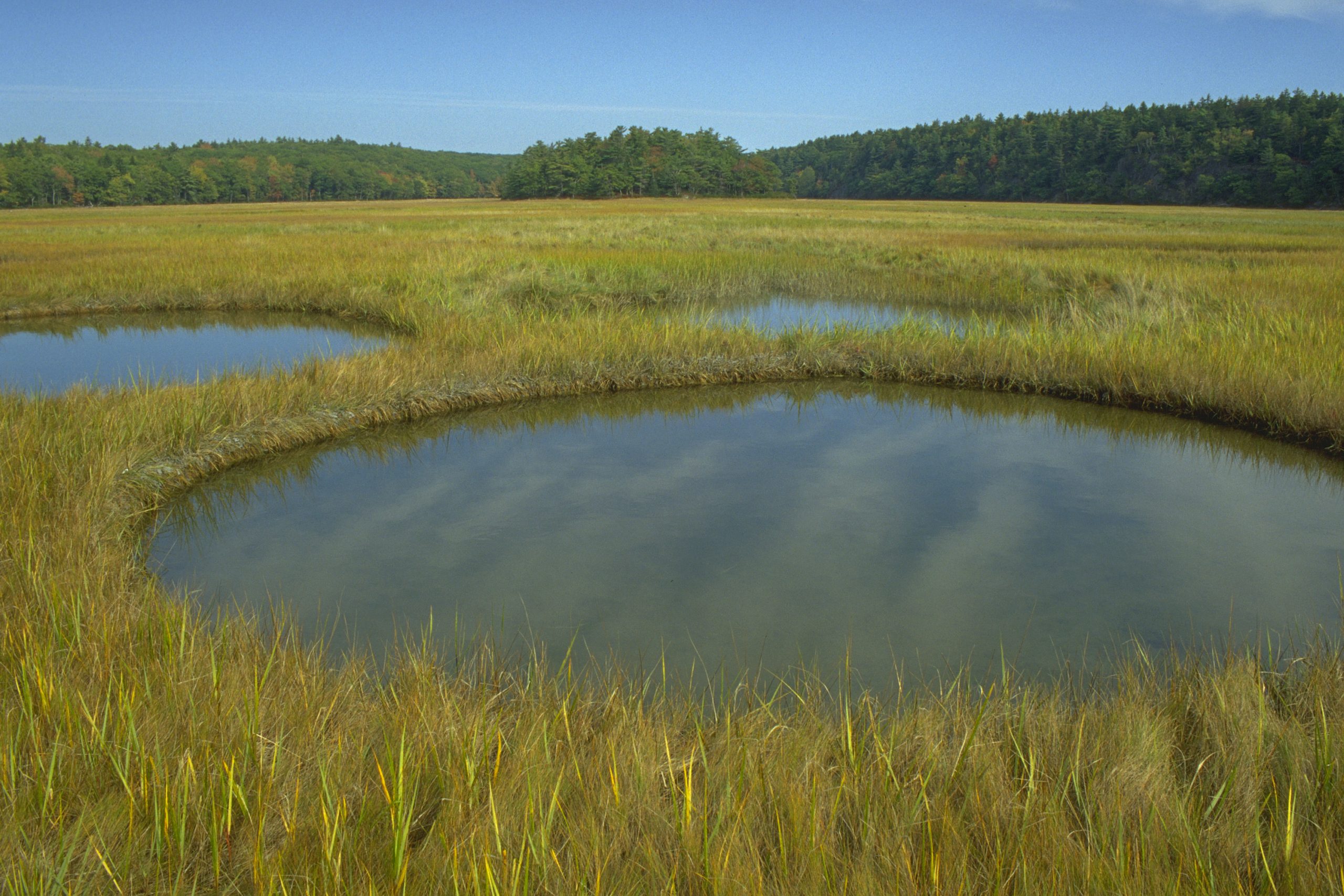
Ecosystem Services: Delivering Decision-Making for Salt Marshes
Tidal marshes are valuable natural resources, providing a wealth of ecosystem services. Ecosystem service quantification from these habitats is improving all the time and ecosystem services are already commonly used to inform decision…
-
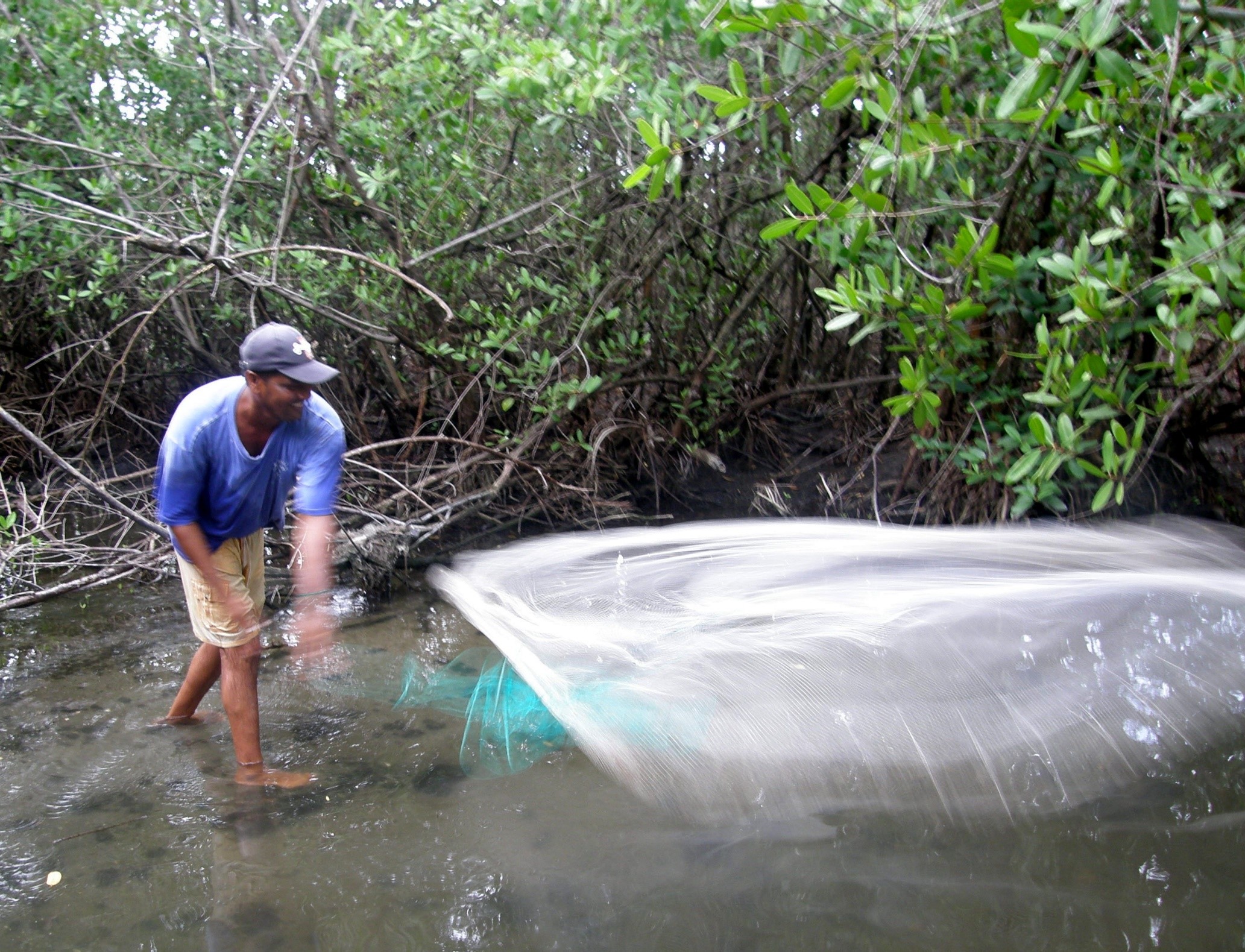
New study finds that mangroves support over 4 million small scale fishers globally
Mangrove forests support millions of coastal fishers, and a new study has not only highlighted this importance but mapped how this fishing is spread around the world.
-
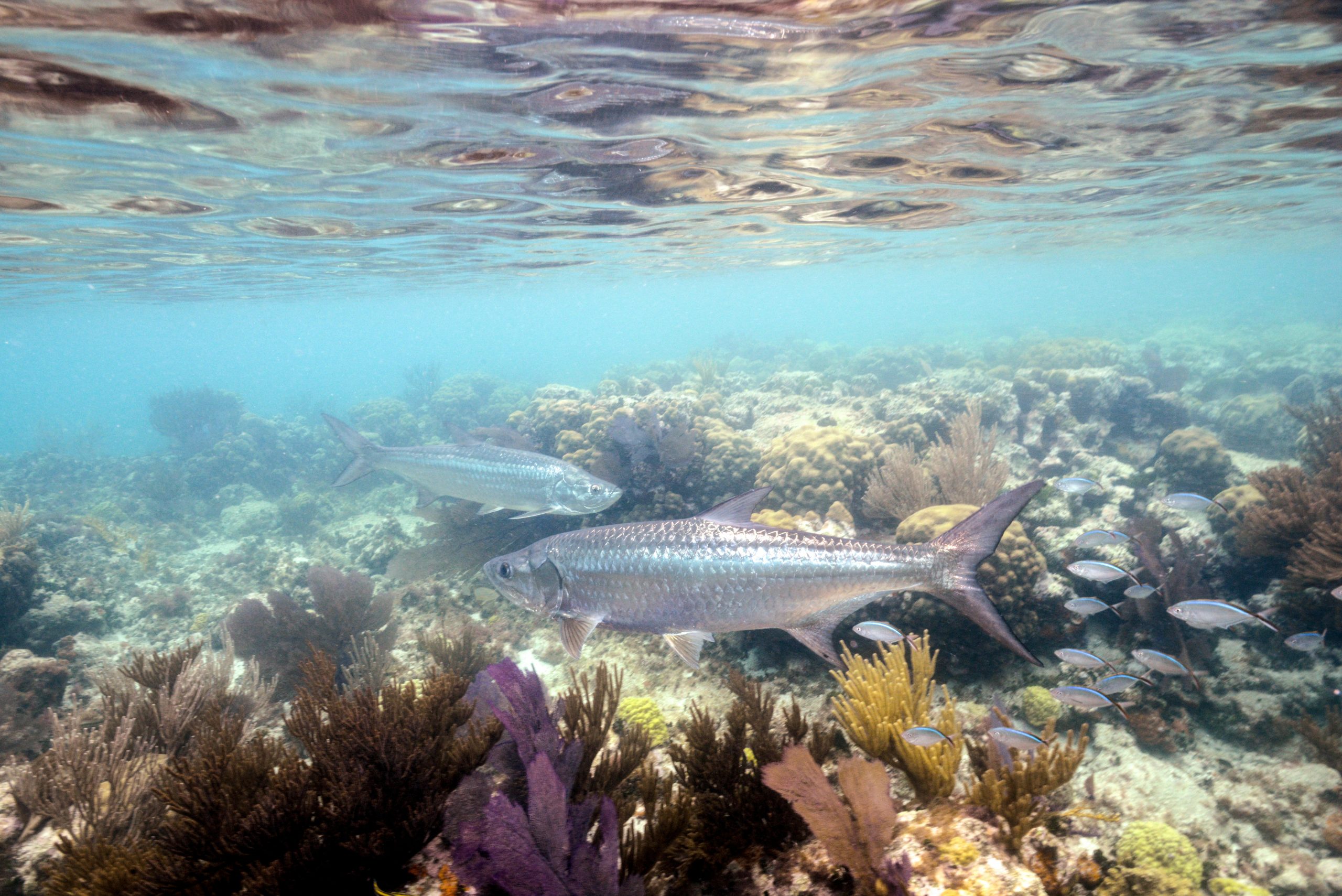
Modelling and Mapping Fishing Impact and the Current and Potential Biomass of Coral-Reef Fishes in South Florida
The Nature Conservancy collaborated with Alastair Harborne’s Tropical Fish Ecology Lab at Florida International University to model and map cumulative fishing impact and reef fish biomass across the the 580 km (360 miles) of coral reefs along Florida’s east coast. The models and resulting maps provide key insights for assessing…
-
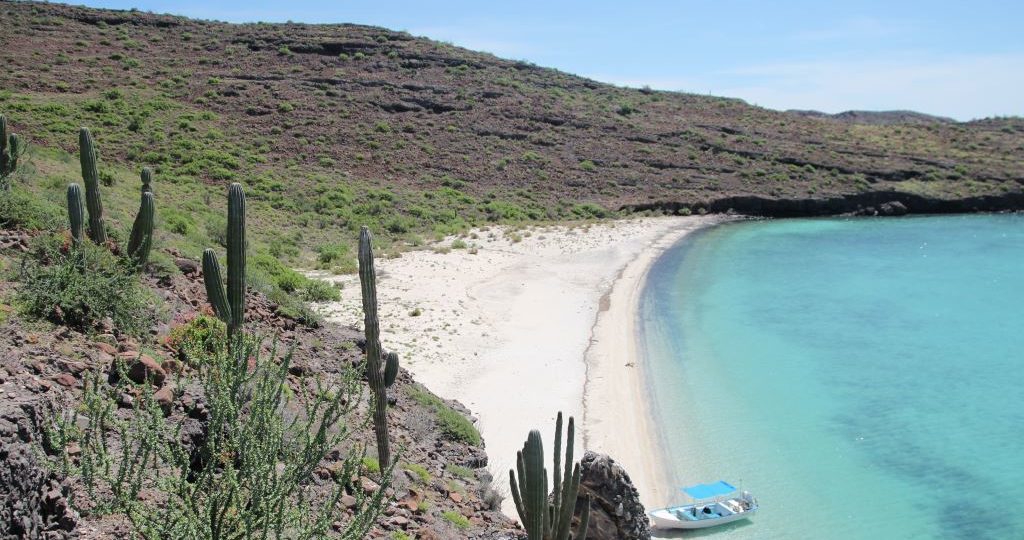
Recovering Tourism and Saving Nature
In newly-released research, authors from The Nature Conservancy, the World Resources Institute and the University of Central Florida point to some of the changes to the world of travel and tourism imposed by…
-

The World Gets a First Overview of Mangrove Health with Global Mangrove Watch
The world will get a much-needed overview of the state of its mangroves today as Global Mangrove Watch, a new, powerful remote sensing tool that has the potential to change the face of mangrove conservation and restoration, goes live.
-
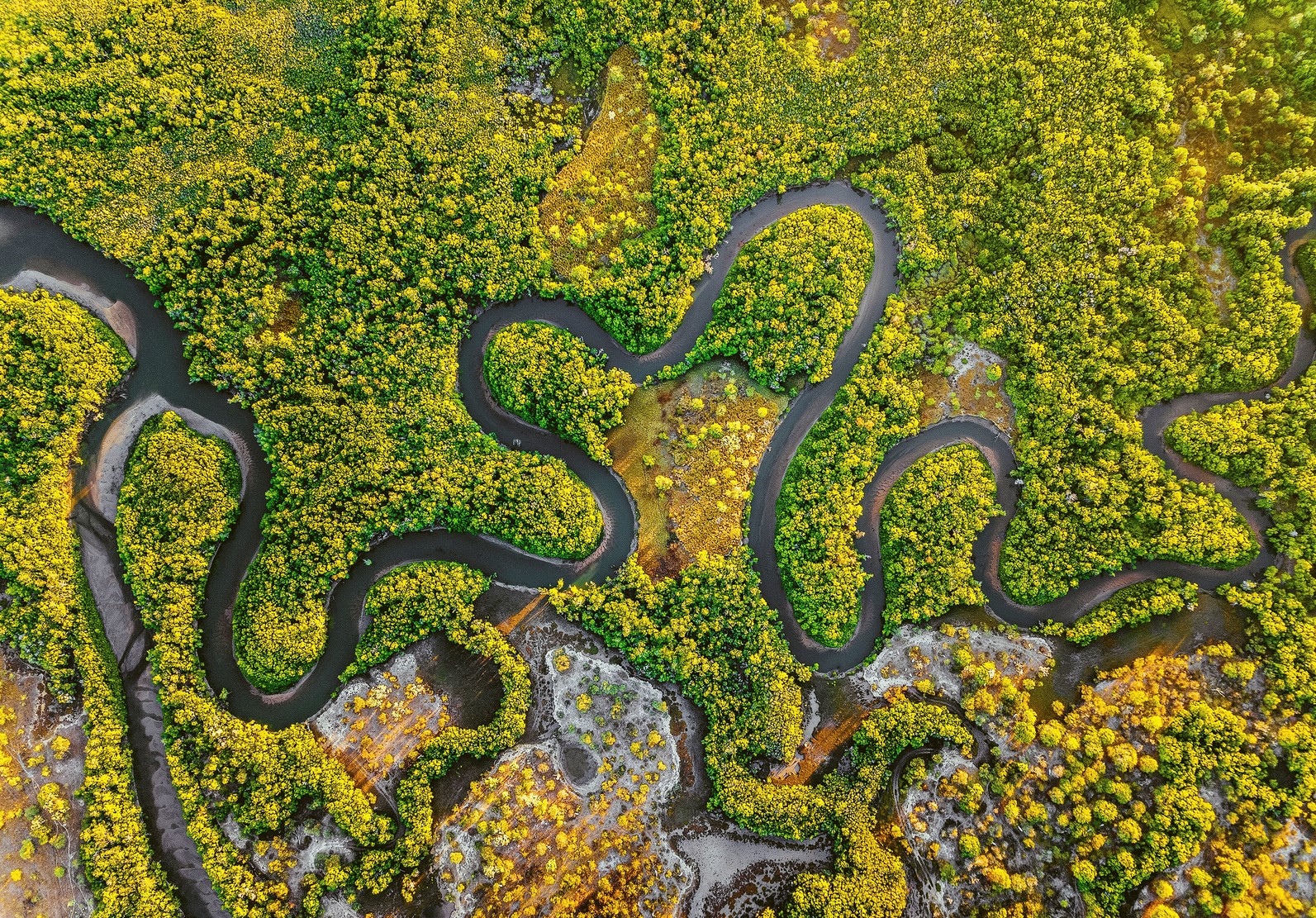
Harnessing big data to support the conservation and rehabilitation of mangrove forests globally
Mangroves are a key habitat for our Mapping Ocean Wealth work, and its easy to see why. These coastal forests protect shorelines, store and sequester vast amounts of carbon, enhance fisheries, and even provide opportunities for recreation and tourism. but identifying and accessing the most reliable source of data can…
-
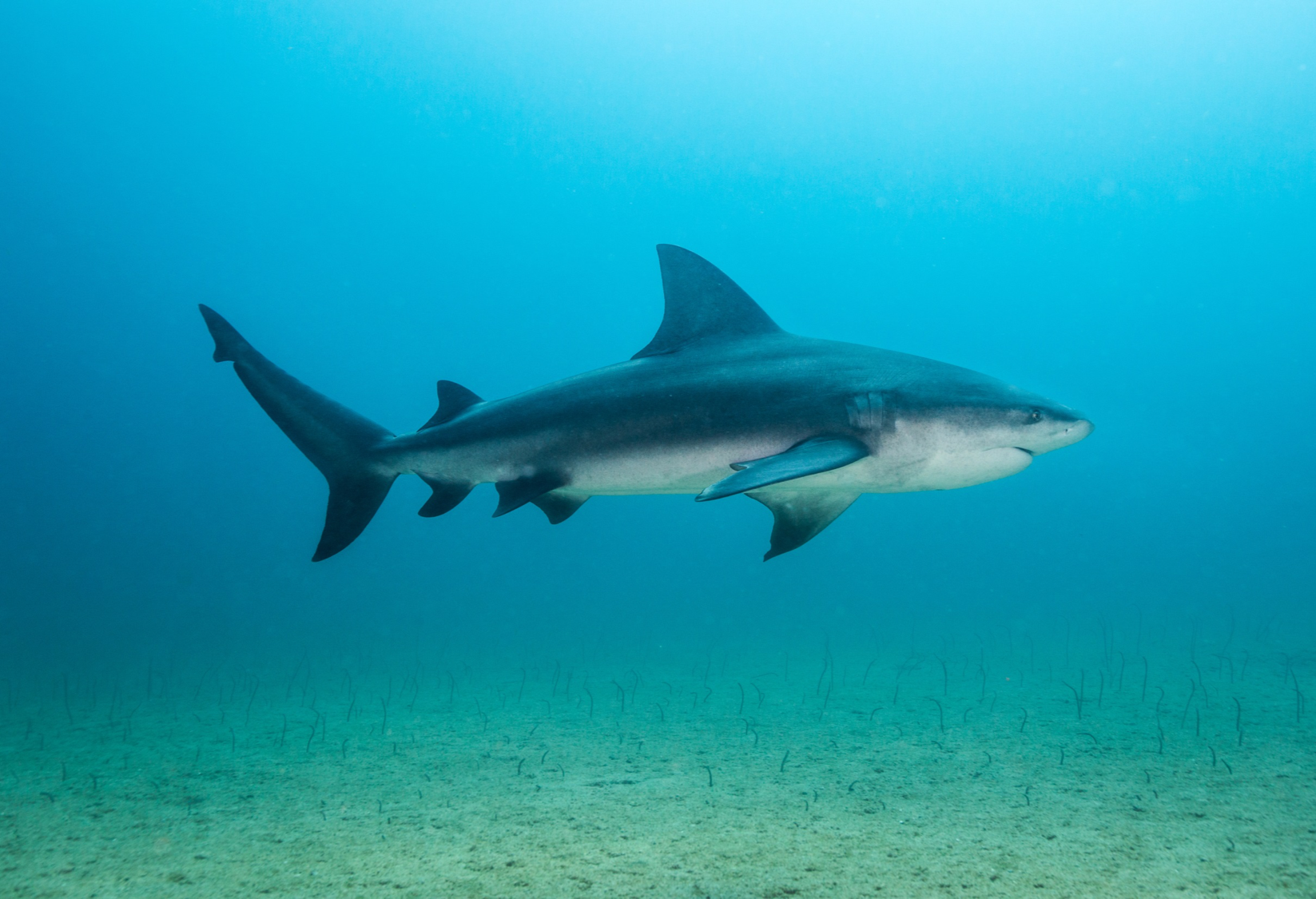
Nature-based tourism makes the case for long-term conservation strategies in the Gulf of California
Each year, people travel from all over the world to visit the Gulf of California, or the world’s aquarium, as Jacques Costeau once famously dubbed it. Sea lions, whale sharks, whales, big game fish make up the 40 key species groups that bring people to the region looking for an…
-
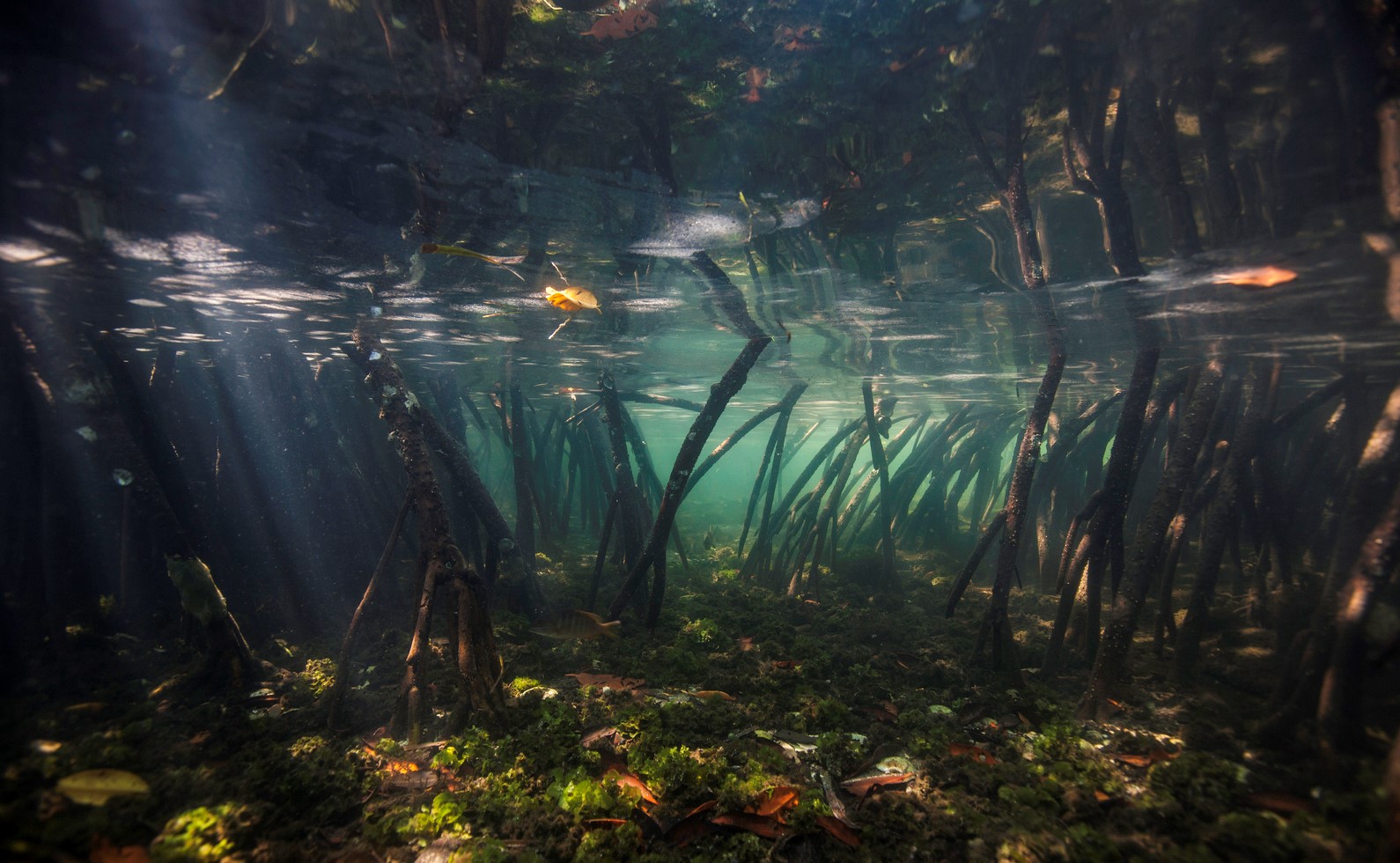
Discover the Carbon-capturing Power of Mangroves in your Country
Coastal wetlands provide many benefits, from fisheries habitat to improved water quality and shoreline protection, but they are also excellent at capturing and storing carbon from the atmosphere – a service we refer…
-
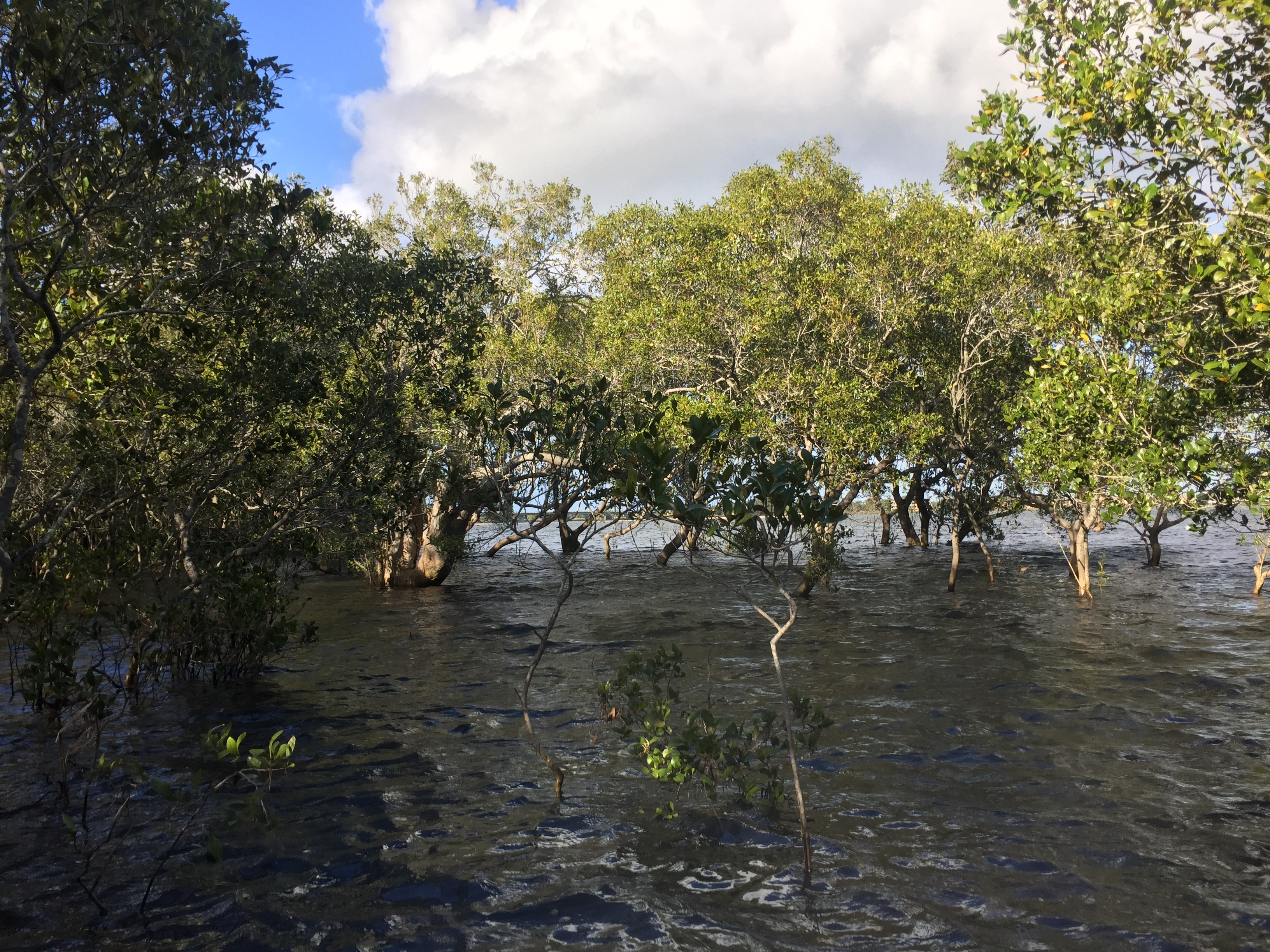
Mapping Ocean Wealth in Australia Reveals Half a Billion Dollars Worth of Benefits from Coastal Wetlands
After three years of research, a team of leading marine experts, led by The Nature Conservancy and Deakin University, release today a watershed report describing and mapping the economic value provided, free-of-charge, by…
-
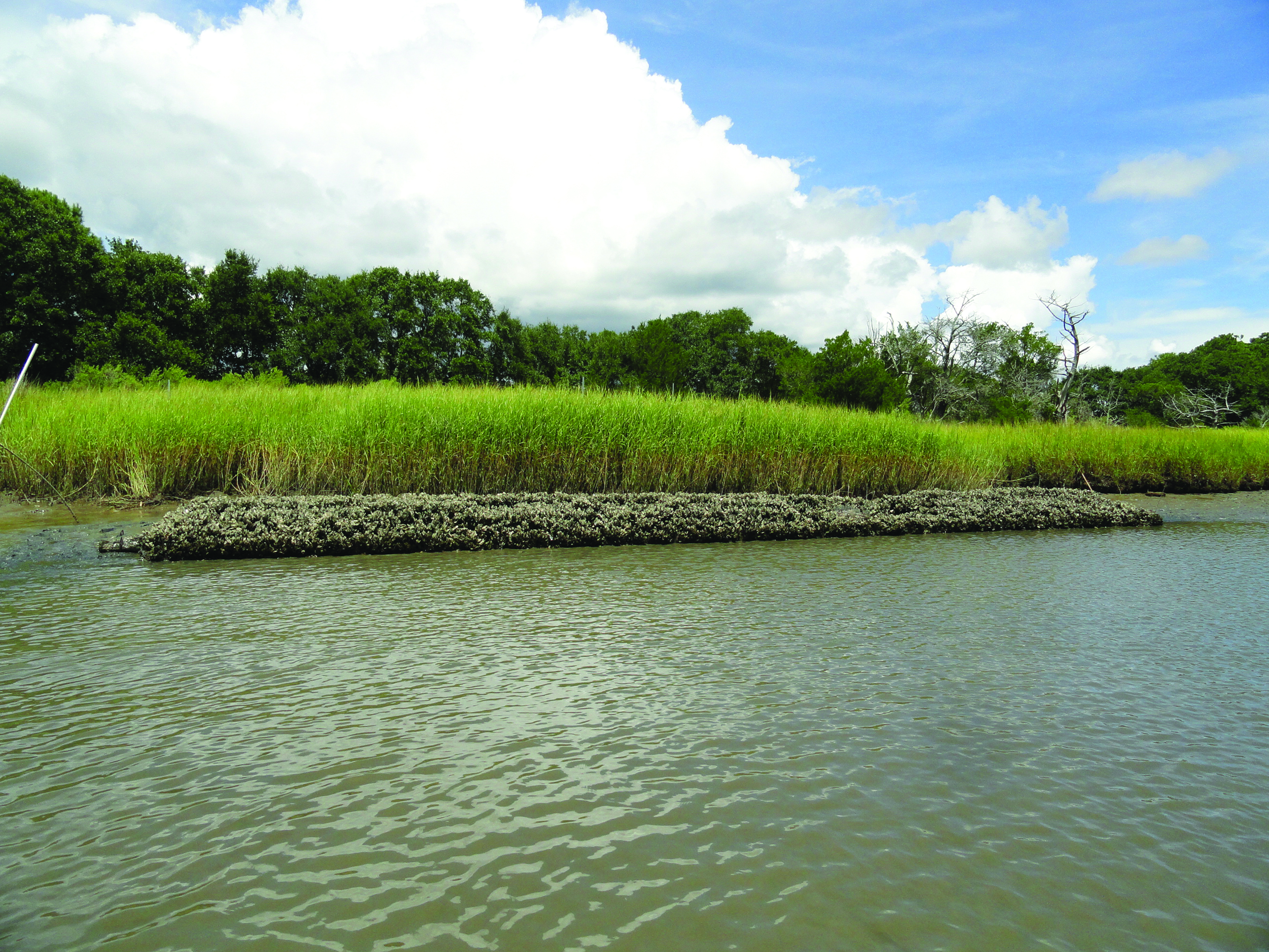
New Restoration Guidelines for Shellfish Reefs
Capitalising on the ongoing success of The Nature Conservancy’s shellfish reef restoration projects all around the world, a new manual has been published to help others do likewise. Quantifying the social and ecological…
-
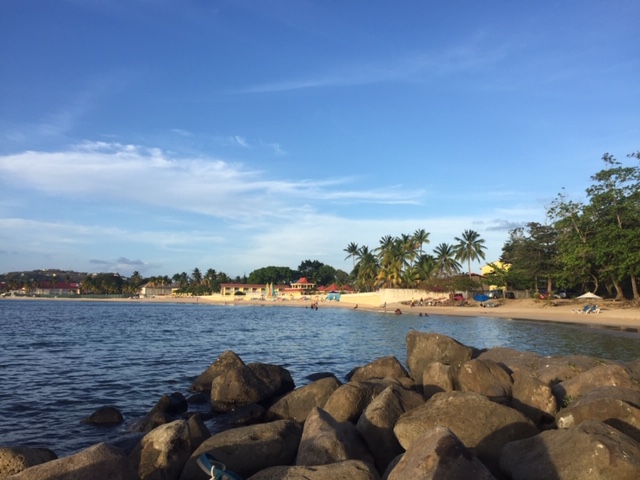
Mapping Ocean Wealth Workshop Held in St. Lucia to Support Caribbean Regional Oceanscape Project
In May 2019, thirty-five natural resource professionals representing ten countries and thirty agencies gathered in Rodney Bay, St. Lucia to attend an ecosystem services workshop organized by The Nature Conservancy’s Mapping Ocean Wealth…
-
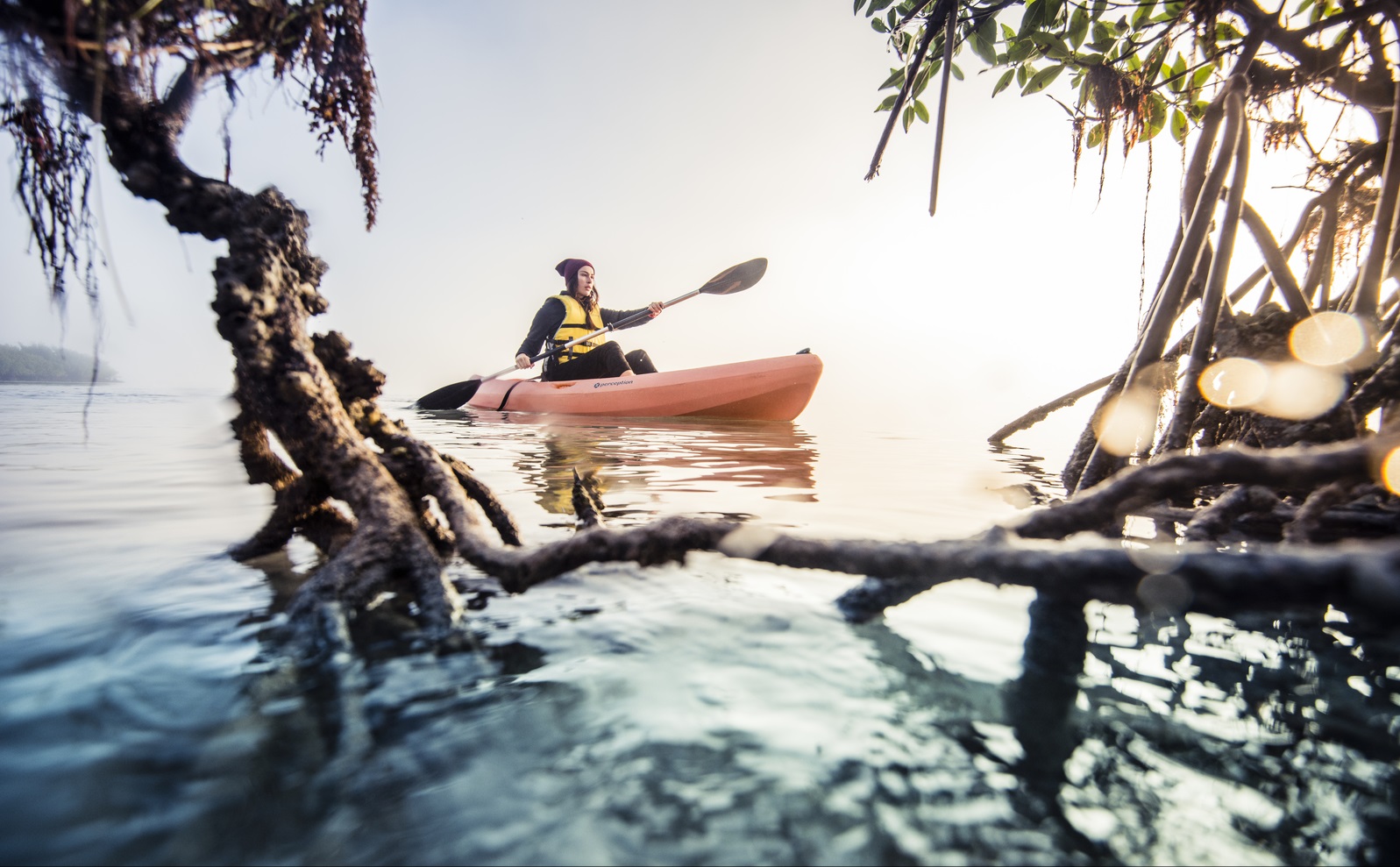
New Mapping Ocean Wealth Study Maps the Opportunity for Mangrove Tourism Worldwide
With a global spread, mangrove tourism is much bigger than most people would imagine, worth billions of dollars with tens of millions of visitors In a new study researchers used User Generated Content…
-
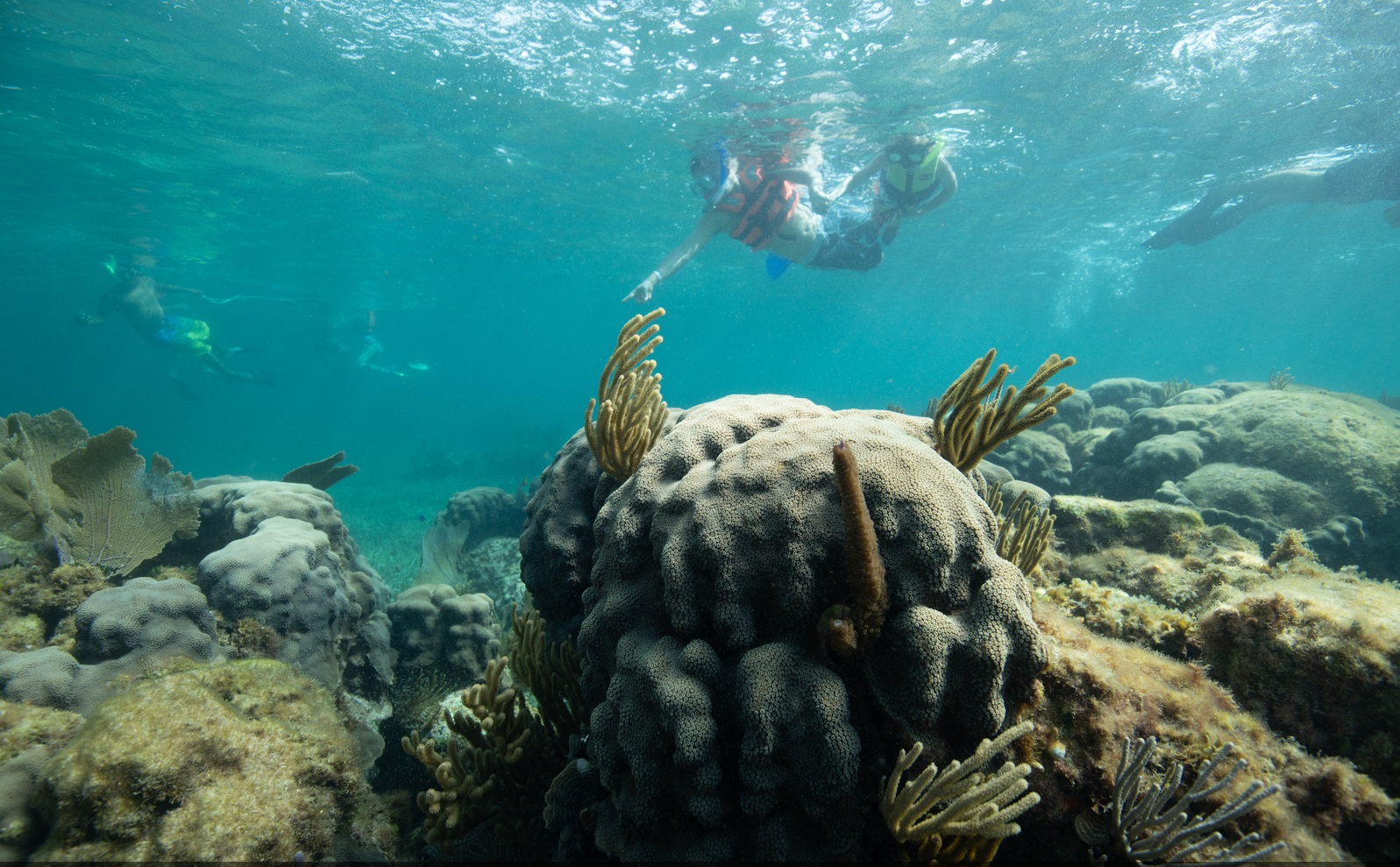
A Refreshed Mapping Ocean Wealth Website is Here!
If you’ve visited oceanwealth.org recently, you may notice a few subtle, but meaningful changes. During the first phase of Mapping Ocean Wealth the primary focus was on the data — identifying existing sources,…
-
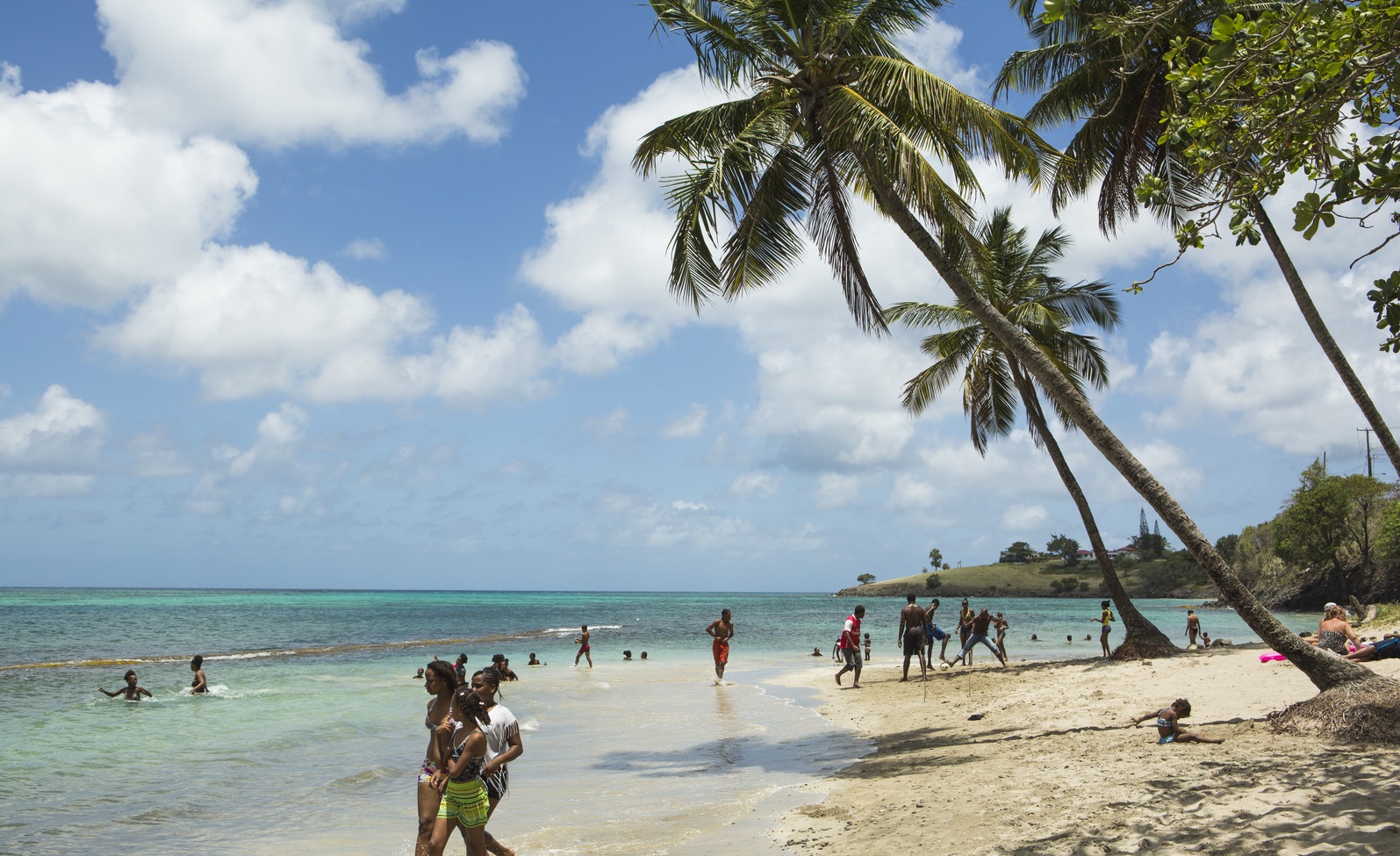
The Caribbean Needs Tourism and Tourism Needs Healthy Coral Reefs
The Caribbean is more dependent on tourism than any other region across the globe, and a new study by The Nature Conservancy and JetBlue shows the powerful value of coral reef ecosystems to…
-

Blue carbon: A Portfolio Solution to Climate Change
Climate change is a portfolio problem. There’s no one cause, nor is there a silver bullet to fix the problem. Rather, the solution will lie in a portfolio of measures, and many of…
-
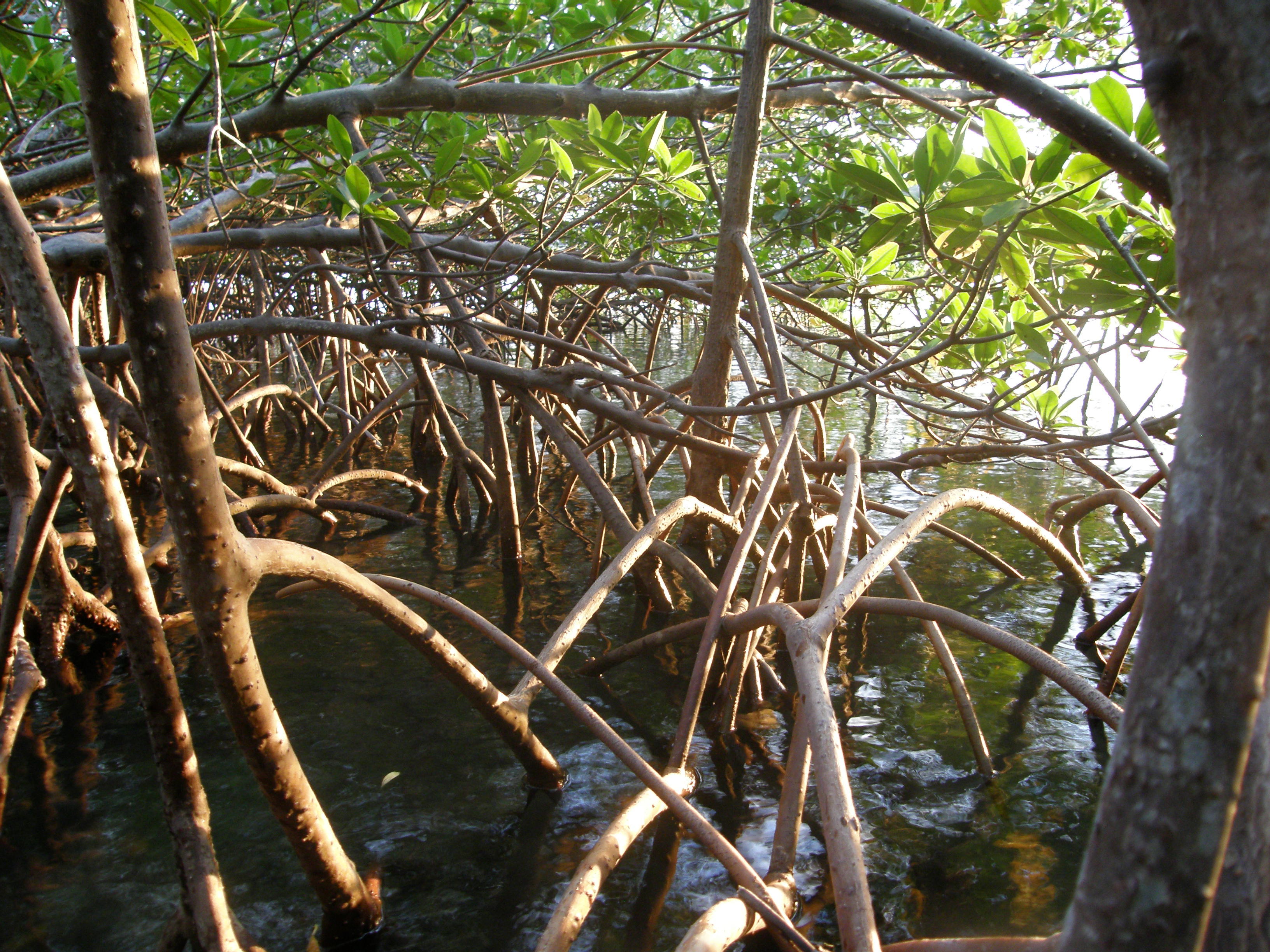
Explore the Mangrove Restoration Potential Mapping Tool
Healthy mangroves are a precious, almost priceless resource, and yet over the past 50 years the world has witnessed staggering levels of mangrove loss and degradation. Mangroves can, quite literally save lives during…
-
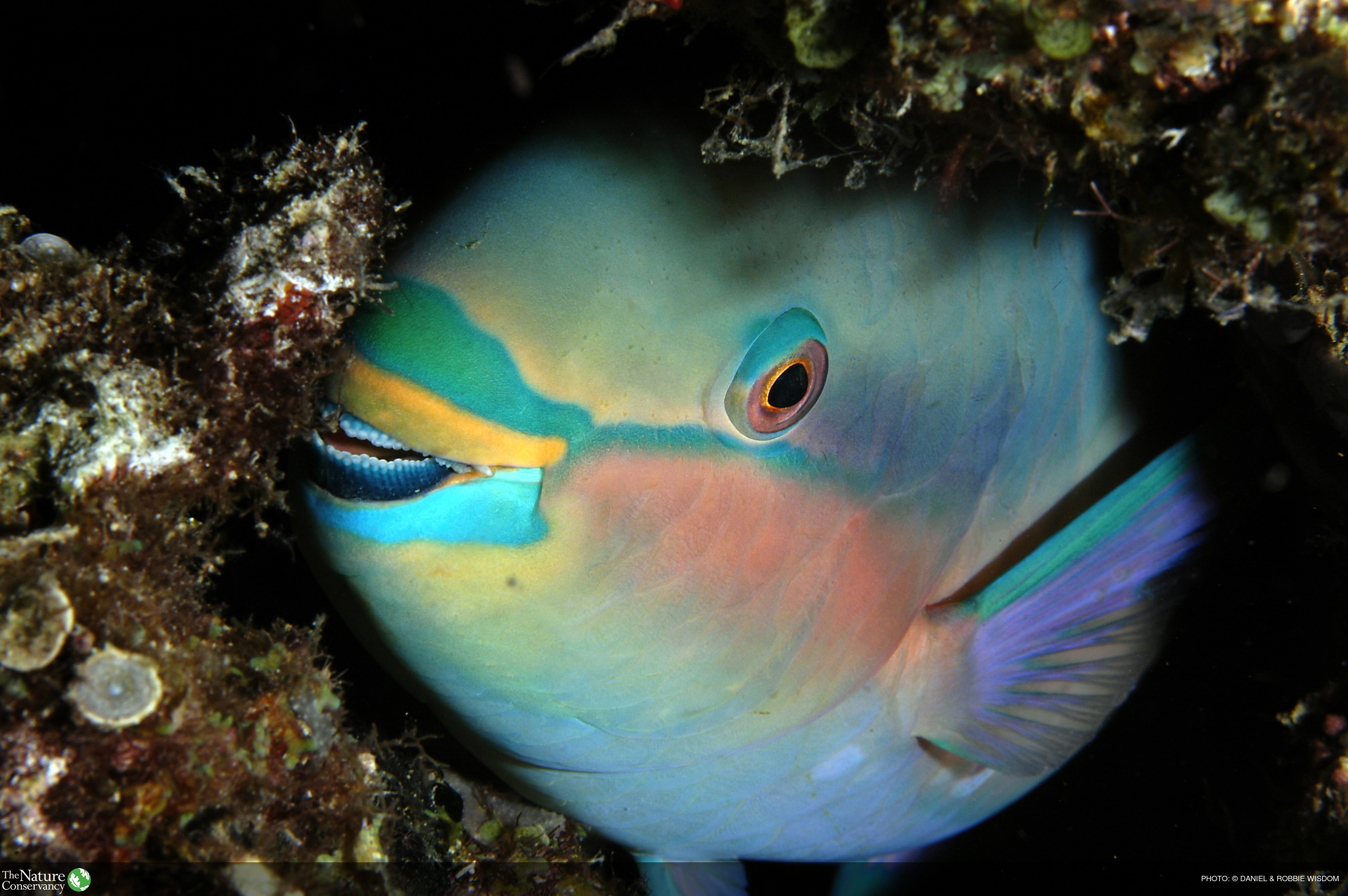
MOW Maps of Micronesia Fisheries Can Help Inform Coral Reef Management
The MOW team in Micronesia has published a new paper, Modelling and mapping regional-scale patterns of fishing impact and fish stocks to support coral-reef management in Micronesia in the journal Diversity and Distributions. Led by…
-
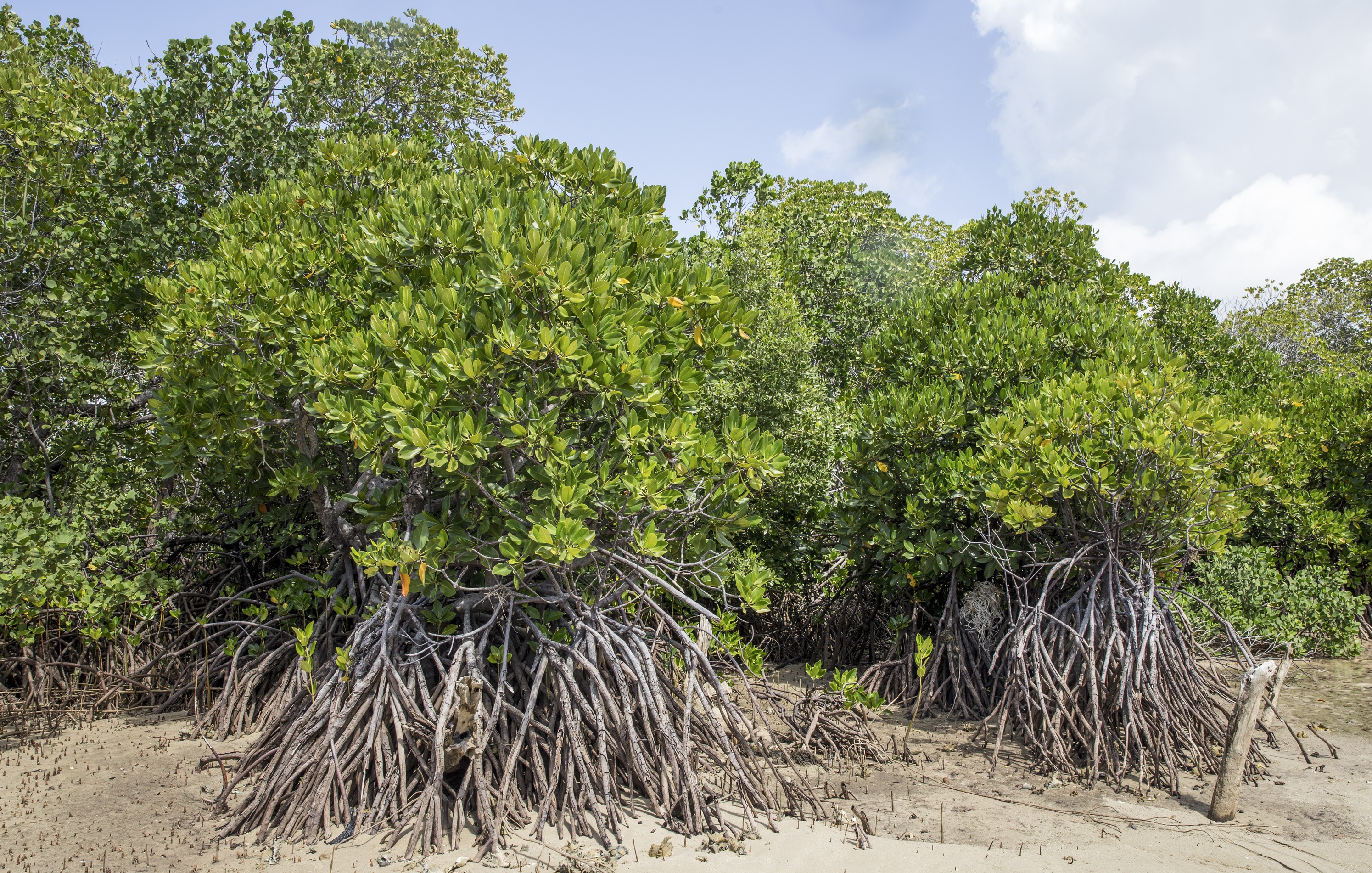
New study reveals that mangrove soils hold 6.4 billion tons of carbon globally
The most detailed study to date of the soil carbon stored in mangrove forests has revealed that these soils hold more than 6.4 billion tons of carbon globally, according to a new paper in Environmental…
-
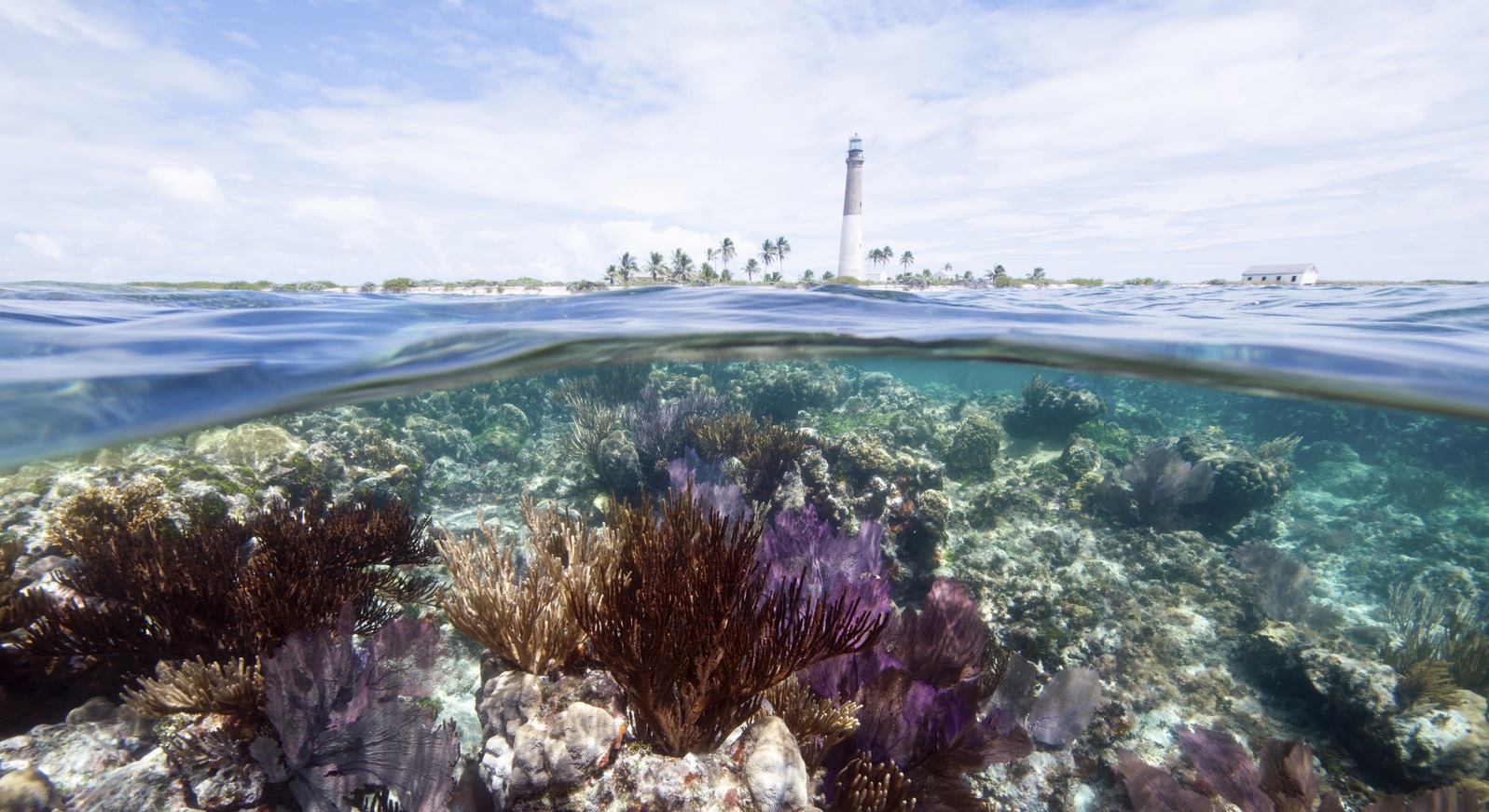
Collaboration with Microsoft and Esri to Enhance Coral Reef Tourism Model
The Nature Conservancy, Microsoft, and Esri have formed a collaboration around geospatial technology and natural solutions for conservation and climate adaptation planning. One of the key goals of this larger collaboration effort is…
-

Notes from the Field: Estimating Biomass in Australian Tidal Saltmarshes
The Mapping Ocean Wealth (MOW) Australia team (OzMOW) are currently working hard to understand the distribution and value of carbon stored in ecosystems such as mangroves, seagrass beds and saltmarshes, otherwise known as…

